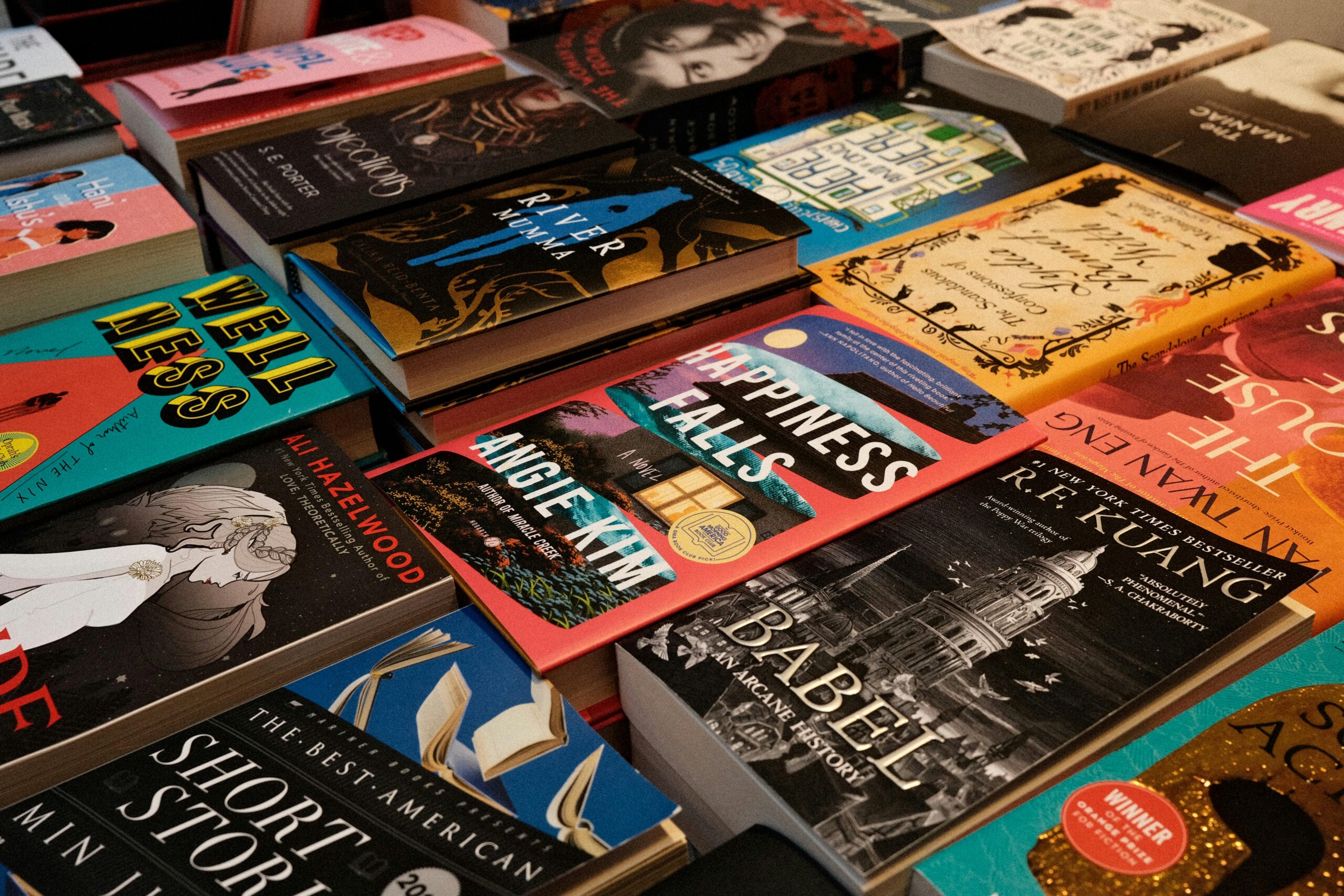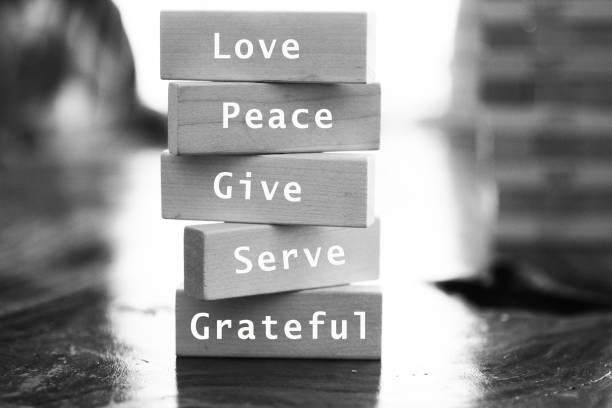Learning Ethical Empathy from Fiction
Fiction does more than inform tales. It opens hearts, challenges minds, and helps humans see the sector in new approaches. Through made-up characters and situations, fiction offers us a threat to experience emotions we may also by no means face in real life. One of the maximum powerful training fiction teaches is moral empathy.
Ethical empathy way understanding how others sense and making picks that recognize their feelings and values. It is deeper than sympathy. It asks us to feel with others and act kindly towards them. Through fiction, we are able to examine this lesson in the most secure manner—by strolling in a person else’s footwear for a little at the same time as.
What Is Ethical Empathy?

Ethical empathy is the capability to apprehend every other character’s emotions and reply in a way that is morally proper. It’s now not just about feeling sorry for someone. It’s approximately in reality feeling with them and the use of that feeling to manual your movements.
For example:
It’s noticing a man or woman’s ache and wondering, “What would I do if I had been them?”
It’s expertise a villain’s heritage and understanding why they made awful choices.
It’s getting to know that once in a while being type means listening, forgiving, or maybe status up for a person else.
When we study or watch fiction, we’re now not just entertained—we’re invited to practice empathy in a significant manner.
Why Fiction Is a Powerful Teacher
Fiction is sort of a reflect. It displays each the first-rate and worst elements of humanity. Unlike real-life information or instructions, fiction lets us feel deeply without actual-global risks. That’s why it’s the ideal vicinity to examine moral empathy.
Here’s why:
Safe learning space – We could make errors in thought with out hurting real people.
Diverse tales – Fiction shows us lives very one-of-a-kind from our personal.
Emotional connection – Well-written characters feel real, so their ache or joy feels real too.
Slow questioning – Reading shall we us pause, suppose, and sense without rush.
These factors make fiction not only a form of escape, however a tool for emotional increase.
Ethical Lessons from Fictional Characters
Many traditional and modern memories are rich with ethical instructions. Through characters’ alternatives and struggles, we learn how to care, forgive, and understand.
Examples:
Atticus Finch from To Kill a Mockingbird teaches fairness and braveness. He defends a man treated unfairly, showing how standing up for justice often means dealing with discomfort.
Anne Frank in The Diary of a Young Girl suggests electricity and desire for the duration of fear. Her phrases train kindness inside the darkest instances.
Amir from The Kite Runner makes many errors however learns to are looking for forgiveness and redemption. His tale indicates how empathy grows via regret and responsibility.
Each of these characters shows us that empathy isn’t always smooth. But it’s usually important.
Fiction Encourages Moral Reflection
Good fiction doesn’t simply entertain—it makes us suppose. It asks difficult questions like:
What would you do?
Was that preference fair?
How does that character’s pain evaluate to your very own?
These questions assist readers mirror on their personal moves. Even children’s books educate moral lessons:
Charlotte’s Web suggests the splendor of selfless friendship.
Harry Potter explores standing as much as evil, even when it’s tough.
Wonder reminds us that kindness is a preference we can make every day.
By following characters via moral alternatives, we start to shape our own moral ideals.
Emotional Practice Through Stories
Empathy, like all talent, wishes practice. Reading fiction gives us that risk time and again.
How?
We sense joy when a man or woman wins.
We feel loss while someone dies.
We feel fear, confusion, guilt, and satisfaction—just like the characters.
This emotional practice builds emotional intelligence. The greater we do it, the more herbal empathy turns into. Stories are like emotional workout routines, making us stronger and greater information.
Fiction Across Cultures Teaches Global Empathy
Fiction isn’t confined via language or borders. Reading testimonies from other cultures lets us see via new perspectives. This is key for moral empathy in nowadays’s international world.
Examples:
Things Fall Apart through Chinua Achebe opens a window into African traditions and colonial effect.
The Alchemist with the aid of Paulo Coelho explores dreams and religion from a Latin religious attitude.
The Namesake with the aid of Jhumpa Lahiri suggests the struggles of cultural identification for Indian immigrants.
By stepping into one of a kind cultures thru memories, we research recognize, tolerance, and appreciation. That’s empathy in movement.
Fiction Helps Us Understand Gray Areas
Real existence isn’t continually black and white. People are complicated. So are ethical decisions. Fiction allows us cope with these “grey areas.”
For instance:
A thief who steals to feed his own family—proper or wrong?
A buddy who lies to shield someone—ethical or not?
A character who forgives a person who harm them—brave or silly?
These dilemmas display us that empathy every so often method letting cross of easy solutions. It means listening, gaining knowledge of, and thinking with compassion.
Teaching Empathy Through Character Growth
Many exquisite stories awareness on man or woman arcs—where someone grows from selfish to selfless, from careless to caring. Watching that growth facilitates readers grow too.
Example arcs:
Ebenezer Scrooge in A Christmas Carol learns to care for others after seeing his lonely destiny.
Elizabeth Bennet in Pride and Prejudice overcomes pride to understand others extra virtually.
Jonas in The Giver discovers the importance of emotion and human lifestyles in a international with out ache.
As readers stroll with these characters, they start to experience those modifications internal themselves. That is the magic of fiction.
Fiction Builds Empathy in All Ages
Children, teenagers, and adults can all gain from reading fiction. Stories build empathy at every degree of life.
Children study to call feelings and spot different points of view.
Teens face complicated ethical picks in books, supporting them grow.
Adults deepen their information of others, particularly across backgrounds and ideals.
Even reading aloud helps—sharing stories brings families closer and encourages open hearts.
Conclusion: Stories That Make Us Kinder
In a international that needs greater know-how, fiction offers wish. It doesn’t pontificate. It invites. It we could us feel. Through made-up lives, we research real empathy. And while that empathy is tied to proper and incorrect, it turns into moral.
So whether or not you examine a novel, watch a film, or listen a tale, bear in mind this: every mild phrase, each ethical preference, every tear shared via fiction is supporting you grow. One story at a time, we are all studying to care greater, choose less, and love better.
That’s the quiet, stunning present of fiction—and its finest lesson.





